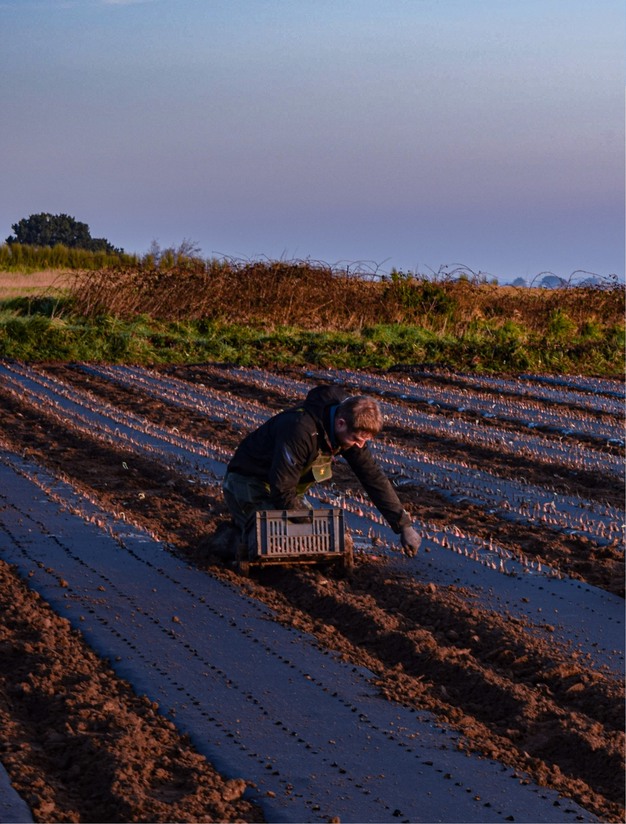There is a new twist in the dispute between traditional shallots and shallots grown from seedlings. After reading the evaluation report on the Dutch variety Innovator (following the protocol of the Community Plant Variety Office - CPVO), French traditional shallot growers have informed French political leaders, as well as European authorities, that in their opinion, "this variety should never have been given the name shallot. The CPVO has asked the seed company to re-examine the variety, confirming that according to the criteria of the protocol, this product is not a shallot, and it has also revoked the Community Protection (COC) from which Innovator benefits."
 Section Nationale Echalote has made a number of demands at the European level in connection with the forthcoming re-evaluation of this variety, in order to put an end to what it regards as "unfair competition" and "consumer deception."
Section Nationale Echalote has made a number of demands at the European level in connection with the forthcoming re-evaluation of this variety, in order to put an end to what it regards as "unfair competition" and "consumer deception."
In January of this year, traditional shallot growers called on Europe to "ensure compliance with the CPVO protocol" and "warned of the arrival on the French market of new Dutch varieties of elongated onions improperly recognized as shallots."
A problem of protocol
"This case has been around since the early 2000s and has seen many twists and turns," according to a representative of Section Nationale Echalote. Producers criticize the Netherlands for registering seedling varieties as shallots. In 2023, we were given access, for the first time, to the rating sheet for the Innovator variety produced by NAKT. According to these ratings, Innovator is not a shallot, although it is registered as such! We recently learned that CPVO has requested a re-evaluation of the variety. However, the evaluation protocol was modified in 2009. Previously, when there was doubt about a variety, the analysis had to be carried out jointly by the offices (NAKT and GEVES). Since 2009, however, the analysis has been carried out unilaterally by the applicant, since the decision rests with the country of origin. In view of the situation, we consider that an exchange of material is necessary to re-evaluate the variety."

"What about other registered varieties?"
"Section Nationale Echalote was only able to access a single rating sheet for these seedlings. What about varieties registered since 2009, with no official exchange of material with France? Several Dutch shallot seedling varieties were studied at the request of Section Nationale Echalote. The results and their interpretation were not necessarily the same as those provided by the Dutch. This situation casts doubt on the varieties that have been registered as seedling shallots for several years, and for which we have no access to the rating sheets. It is therefore legitimate to ask about all the other varieties already registered?"
Requests made by Section Nationale Echalote
Without waiting for the results of this new procedure, Section Nationale Echalote has requested:
- that all new seedling variety evaluations be carried out by both the Netherlands and France (and therefore jointly by NAKT and GEVES), as provided for in the first version of the 2005 CPVO protocol
- that, in the event of disagreement, arbitration be carried out by a European third-party organization,
- that rating sheets for all registered shallot varieties from seedlings (old and future) be made public,
- that the provisional authorization to sell the variety in question as a shallot be suspended immediately.
No response before 2026?
"If trials were to start today, we would have to wait at least 2 years for new results. At a time when farmers are asking for administrative simplification, how can we accept that a variety that is not recognized as a shallot continues to be marketed as such for several years?"
Another concern for the sector is that "the Dutch breeder behind the Innovator variety appears to be in the process of protecting this variety in other countries outside the EU zone, such as England, New Zealand and Australia."
To be continued...










